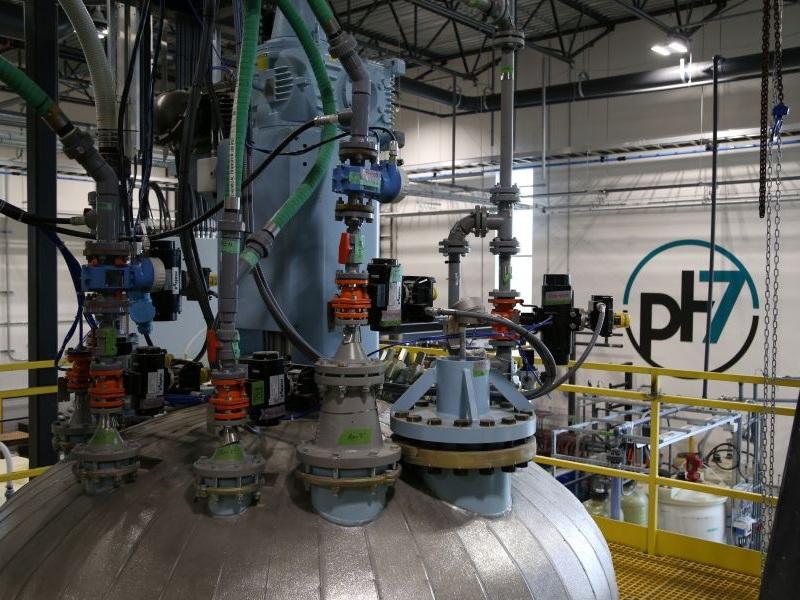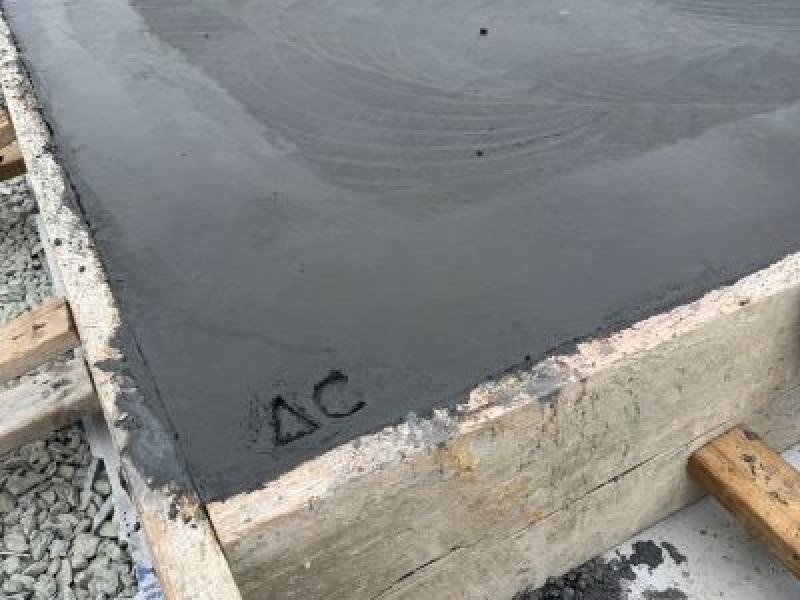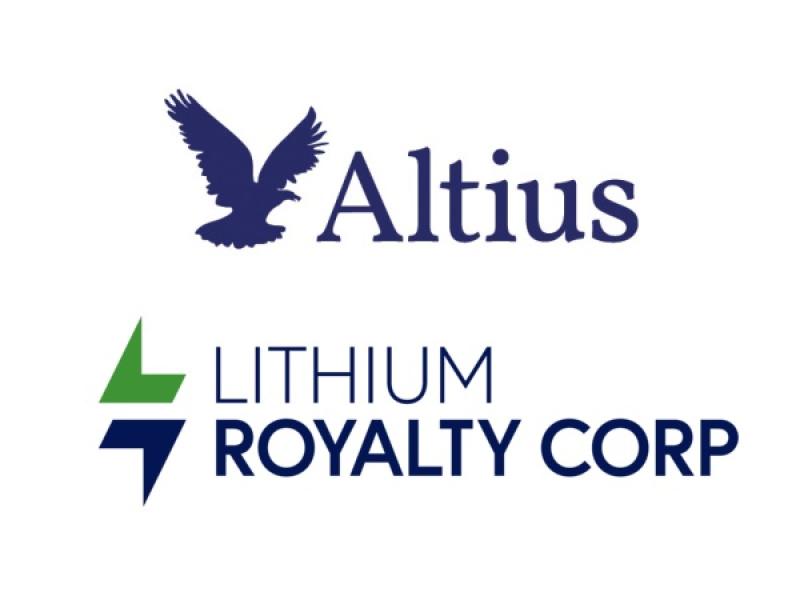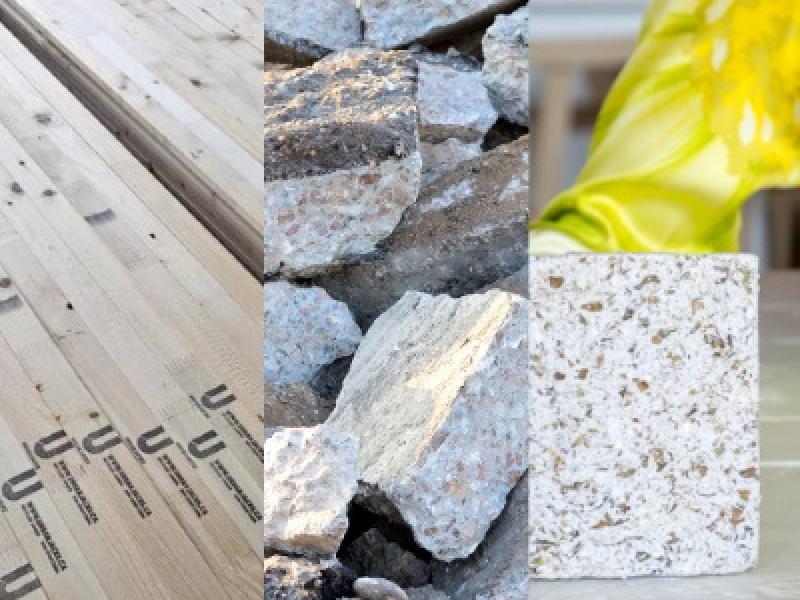Recent Articles
Prince Charles, SMI awards Cogeco, Stantec, Telus
Prince Charles, SMI awards Cogeco, Stantec, Telus
The Sustainable Markets Initiative (SMI), a U.K. climate group headed by Prince Charles, awarded the Terra Carta Seal to 45 global companies, including three Canadian firms – Cogeco, Stantec and Telus – that are leading the way on the energy transition.
Mark Carney unveils US$130T in climate finance
• Financial Post • Globe and Mail
More than 450 firms representing US$130 trillion in assets — 40 per cent of the world’s financial assets — now belong to the Glasgow Financial Alliance for Net Zero (GFANZ). Former central banker, Mark Carney, co-chairs the alliance.
Montreal to host corporate sustainability office
• Globe and Mail • Montreal Gazette • LaPresse
At COP26, Frankfurt was named as the headquarters of a new global organization responsible for providing companies with standards for reporting sustainability measures – and Montreal will be home to a secondary office.
CIB, Fiera invest in $200M SOFIAC for retrofits
The Canada Infrastructure Bank (CIB) and Fiera Private Debt will invest up to $160 million in the Société de financement et d’accompagnement en performance énergétique du Québec s.e.c. (SOFIAC) for retrofits, the largest energy efficiency initiative in Canada.
CaGBC panel explores green building tech
• Daily Commercial News • SustainableBiz • SustainableBiz
In a session called The Human Side of New Technology at the Canada Green Building Council (CaGBC)’s Building Lasting Change conference, panellists discussed how workforce capacity issues can impact the implementation of green building technology.
 |
5 ways Canada’s builders can boost sustainability in a hurry |
Director of Development and Sustainability, Adera
Construction sector tackles carbon action plans
• Business In Vancouver • Western Investor
Mass-timber buildings on the West Coast – ones eschewing carbon-heavy cement in favour of wood frames – kept hitting a ceiling prior to 2019, as Oliver Lang was seeking to tap the environmentally friendly building material for bigger projects.
Commercial timber projects can commence sooner
Timber framing is generally associated with residential construction, but it would also benefit the commercial sector. Many developers don’t realize they could build structures in timber and still get the same environmental benefits of a residential building constructed in timber.
The affect of design decisions on embodied carbon
Many booming cities are desperately short of housing and developers are responding with even taller buildings. Many urbanists believe this is a good thing, although studies have shown that life-cycle and operating emissions increase with building height.
Businesses can reach net zero with SBTi’s standard
More than 80 per cent of the world’s emissions are created by corporate Scope 1, 2 and 3 emissions, meaning companies should take the forefront of transitioning to net zero, and the Science Based Targets Initiative’s standard can help lead the way.
BOC assesses climate change’s impact on economy
The Bank of Canada (BOC) said it would develop new models and data sources to better understand how climate change is affecting the economy and vowed to include these findings in its quarterly forecasts to help markets price risks.
Coalition calls for more economic ambition in Canada
• Cision • Financial Post
The Coalition for a Better Future is calling for greater economic ambition in Canada. The Coalition is pledging that the private and non-profit sectors will work together with the public sector to achieve a more prosperous, inclusive and sustainable future.
Natural gas utilities give Ontario access to usage data
Ontario’s energy minister says that within the next two years most electricity and natural gas customers will get access to their usage data — thanks to the Green Button standard — to help them save on their bills.
Wind farm generates money for Neqotkuk First Nation
• CBC
Neqotkuk First Nation, formerly known as Tobique First Nation, in western New Brunswick has started making money from its wind farm in the southern part of the province. The first payment came to about $430,000.
Fair prices needed for Indigenous-led renewable energy
• Pembina
To fully transition to clean energy, considerably more Indigenous-led and -owned renewable energy projects must be developed. This will require a pricing structure and policy framework that accounts for the environmental, social and cultural benefits that Indigenous-controlled energy projects bring.
Alberta announces emissions-reduction projects
A project to power trains with hydrogen, an oil-extraction technology and an Indigenous-owned soil recycling facility are some of 16 emissions-reduction projects in Alberta set to receive $176-million in federal and provincial funding in a bid to increase sustainability across industries.
Water will help Canada improve electrification
Hydro is the backbone of Canada’s enviably clean electricity grid. Water flowing through turbines produces close to 90 per cent of Canada’s renewable electricity, and 60 per cent of the country’s electric needs are powered by water.
What CSR means for corporate water strategy
• GreenBiz
The rules of business growth have changed, due to society’s increased attention to how businesses address environmental and social issues. The digital revolution and increase in value placed on environmental and social performance are rewriting the rules of business growth.
Impossible Mining to develop sustainable deep-sea mining tech
Impossible Mining is developing the world’s first sustainable technology to mine the seabed without causing serious harm, using the guidance of the Seabed Mining Science Statement. The company will use robotics, computer vision and AI while preserving the seafloor habitat.
Vertical forest tower makes green design affordable
• CBC
It is one of the world’s most iconic examples of green design. To start, it’s literally green — encased in hundreds of trees and thousands of shrubs that ascend on ladder-like balconies 26 storeys into the sky.
Researcher develops Canadian floodplain map to show impact of climate change flooding
Low-lying areas of major cities like Vancouver and Montreal could become inundated with floods in the next 80 years under various climate change scenarios, suggests a floodplains map developed by a Western University researcher.
 Industry Events
Industry Events
-
ECO IMPACT 2026
Feb 19 2026
to Feb 20 2026
The Westin Calgary
-
BuildGreen Atlantic
Apr 27 2026
to Apr 28 2026
Halifax, NS
-
The Evergreen Conference
May 06 2026
to May 07 2026
Toronto, ON
-
Building Lasting Change
Jun 17 2026
to Jun 19 2026
Montréal, QC
-
Retrofit Canada Conference
Jun 24 2026
to Jun 25 2026
Halifax Convention Center











